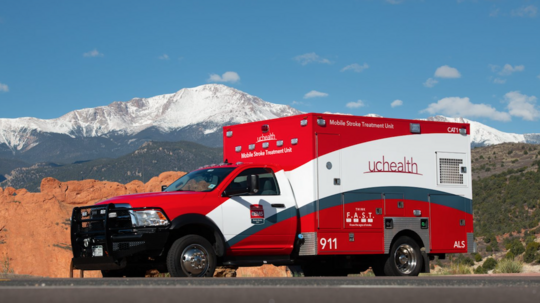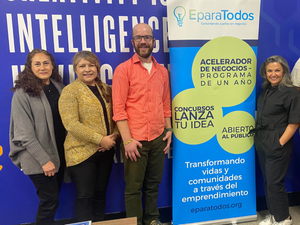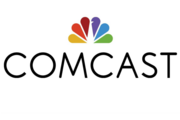
In early March, when UCHealth first caught wind of the coronavirus, the state’s only academic-led healthcare system quickly sprung into action. Although there were just a handful of confirmed cases to contend with at the time, officials weren’t taking any chances. All they had to do was look to the plight of other states, such as Washington and New York, to see the virus firming its grip on the population. And while no one could have predicted the national crisis that lay ahead, one thing was abundantly clear:
“We needed to ramp up testing,” says Bo Clark, UCHealth’s Director of IT Infrastructure Operations, who is based in Colorado Springs. “We really started to feel the brunt of the cases when [coronavirus] arrived.”
That was about the time Gov. Jared Polis called on UCHealth to launch drive-thru mobile testing sites. The goal was to protect not only the healthcare system’s essential workers but also to mitigate the transmission risk among patients increasingly flocking to the center’s emergency room. UCHealth gathered team members from across departments, including doctors, nurses, labs, and tech professionals, and quickly put together a plan.
“It really put us at the forefront,” Clark says of the governor’s directive and the role of UCHealth.
Clark says he was charged with coordinating the technology infrastructure needed to get the drive-thru mobile testing site off the ground — a major challenge considering the selected site was an open parking lot just outside of the hospital.
He immediately called upon his partners at Comcast for help.
“If the [internet] goes down, it could mean the difference between a patient having a positive or negative outcome”
“I got my orders on March 11,” recalls Clark. “I called Jim Knox (at Comcast) at 1:23 p.m. and they had infrastructure teams on site at 7: 30 a.m. putting the site together. We were up and running by 5 p.m. on March 12. We were blown away they were able to give us physical wire infrastructure in a parking lot.”
It was not a simple task, Clark explains. As the parking lot didn’t have any existing ethernet cables, Comcast’s technical team, led by Rose Roth, was forced to carve into the concrete of nearby sidewalks and splice the fiber to set up the lines needed to provide high-speed internet, something Clark says offered a lifeline for UCHealth’s testing team.
“They provided us with a solid internet connection so we could hook up equipment, carts on wheels and tablets,” he says. “We basically needed to have this tent set-up and running as a full-clinic within a day. That’s an impossible task for many, but not Comcast. They really showed us what they can provide in an emergency.”
For the first few days, Clark says the drive-thru mobile testing sites experienced “controlled chaos,” as lines for coronavirus testing stretched throughout the parking lot and cases began to spike.
Within the first few weeks, Colorado saw its number of cases double, triple, and then some. With so many unknowns about the virus, collecting data from the UCHealth drive-thru mobile testing site has been paramount to spotting trends and informing strategies to flatten the curve, Clark says.
To date, the Colorado Springs mobile testing site has conducted nearly 8,900 tests since March, according to UCHealth spokesperson, Cary Vogrin.
“I am convinced that the spread of the virus would have been worse had we not had the partnerships with the people that have enabled the rapid deployment of these testing centers, and were able to give the Governor and his team the data that they needed,” says Clark.
Having a provider such as Comcast, he adds, was essential to ensuring that healthcare workers, patients, and community leaders can exchange critical communication, especially during times of crisis.
“If the [internet] goes down, it could mean the difference between a patient having a positive or negative outcome,” he explains “If we hadn't set this up who knows what could’ve happened? It wouldn’t have been data-driven.”
As a former Army police officer who once trained on rapid deployment procedures, Clark says he was impressed by the level of professionalism and speed of his UCHealth colleagues, as well as the Comcast team.
“It was military precision in a civilian world,” he adds. “We can detect risks before people get sick. This was very helpful to the population of Colorado.”
The story is by Stephanie Sorrina Beecher





